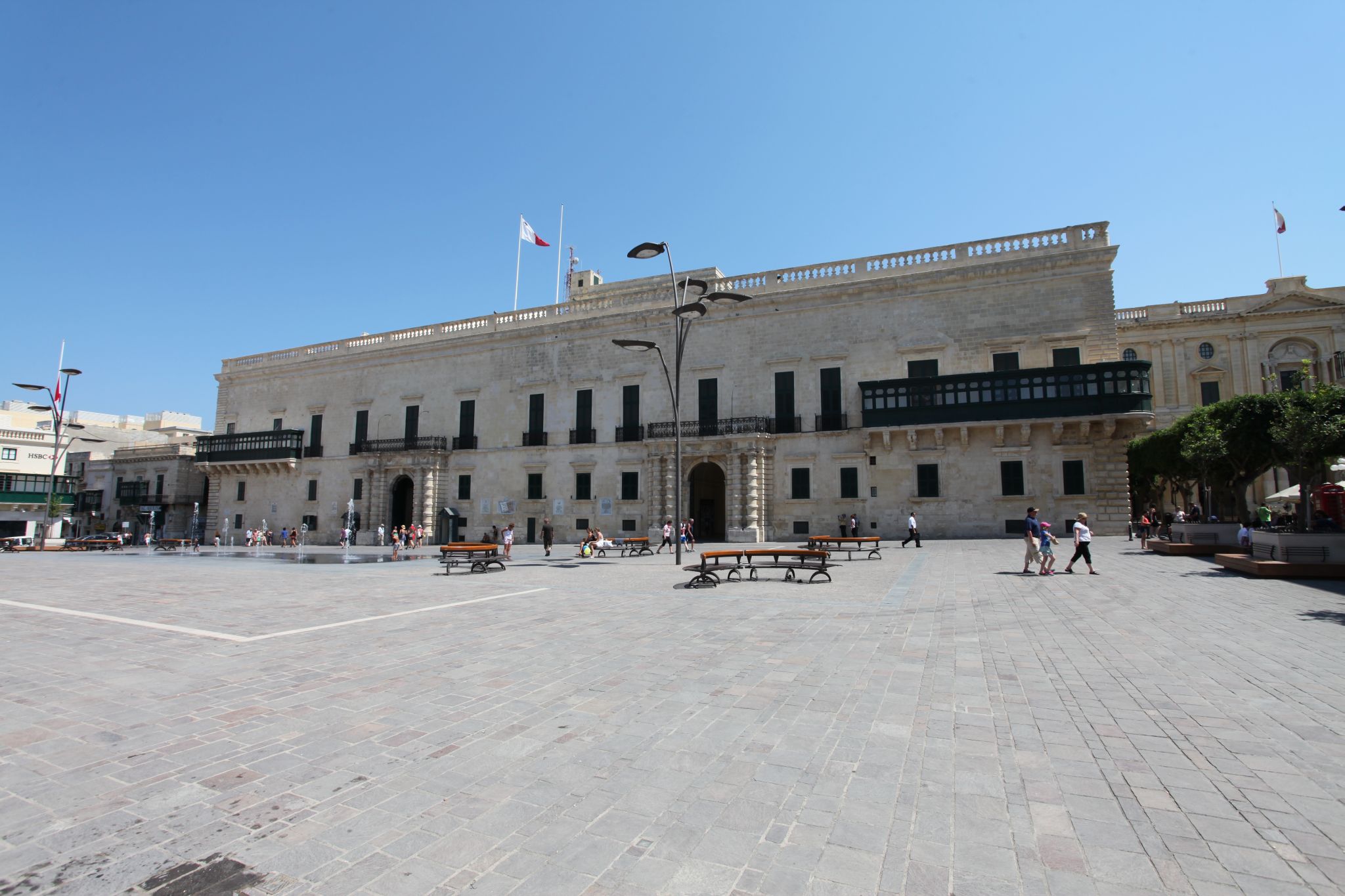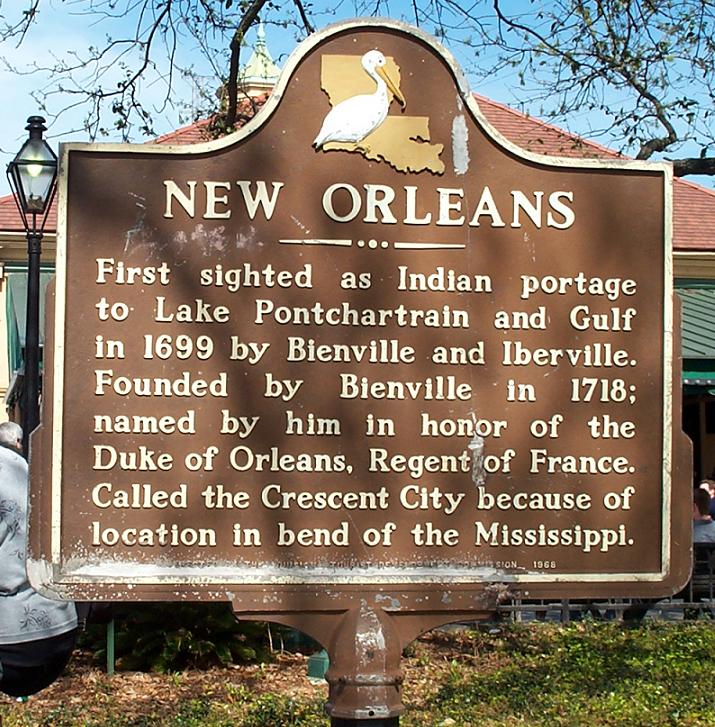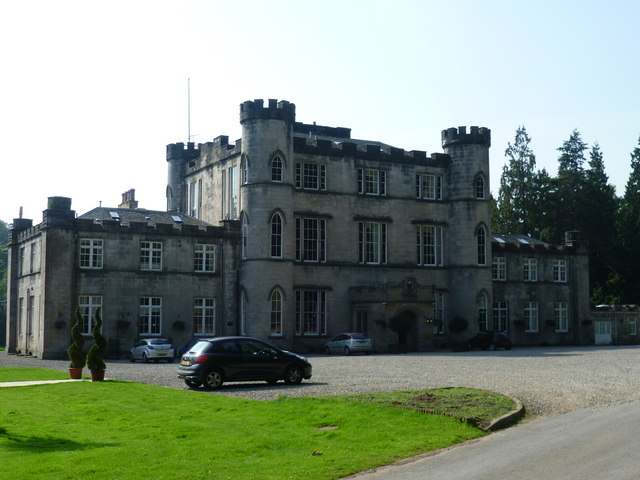|
James Maitland, 7th Earl Of Lauderdale
James Maitland, 7th Earl of Lauderdale (25 January 1718 – 17 August 1789), and was one of the sixteen List of Scottish representative peers, Scottish representative peers in the House of Lords. Life James Maitland was born the eldest son of Charles Maitland, 6th Earl of Lauderdale (the second but eldest surviving son of John Maitland, 5th Earl of Lauderdale and Lady Margaret Cunningham) and Lady Elizabeth Ogilvy, daughter of James Ogilvy, 4th Earl of Findlater and Anne Dunbar. He served for twenty-five years in the army; and was appointed Lieutenant-colonel of the 16th Regiment of Foot on 20 September 1745. He resigned his commission upon the promotion of a junior officer above him. He was also unlucky under the Heritable Jurisdictions (Scotland) Act 1746 which abolished heritable jurisdictions, when he got for the Regality of Thirlestane and bailiary of Lauderdale £1000, instead of the £8000 he claimed. He was a Lord of Police from February 1766 until the abolition of t ... [...More Info...] [...Related Items...] OR: [Wikipedia] [Google] [Baidu] |
Sir Joshua Reynolds - James, 7th Earl Of Lauderdale - Google Art Project
''Sir'' is a formal honorific address in English for men, derived from Sire in the High Middle Ages. Both are derived from the old French "" (Lord), brought to England by the French-speaking Normans, and which now exist in French only as part of "", with the equivalent "My Lord" in English. Traditionally, as governed by law and custom, Sir is used for men who are knights and belong to certain orders of chivalry, as well as later applied to baronets and other offices. As the female equivalent for knighthood is damehood, the ''suo jure'' female equivalent term is typically Dame. The wife of a knight or baronet tends to be addressed as Lady, although a few exceptions and interchanges of these uses exist. Additionally, since the late modern period, Sir has been used as a respectful way to address a man of superior social status or military rank. Equivalent terms of address for women are Madam (shortened to Ma'am), in addition to social honorifics such as Mrs, Ms, or Miss. Etym ... [...More Info...] [...Related Items...] OR: [Wikipedia] [Google] [Baidu] |
Thomas Maitland (British Army Officer)
Lieutenant General Sir Thomas Maitland (10 March 1760 – 17 January 1824) was a British Army officer, politician and colonial administrator. He also served as a Member of Parliament for Haddington from 1790 to 1796, 1802–06 and 1812–13. He was made a Privy Councillor on 23 November 1803. He was the second surviving son of James Maitland, 7th Earl of Lauderdale, and the younger brother of James Maitland, 8th Earl of Lauderdale. Maitland never married. Early military career Maitland was commissioned into the Edinburgh Light Horse, shortly after his birth, but did not take up his commission until he joined the 78th (Highland) Regiment of Foot (Seaforth Highland Regiment) as a captain in 1778. He transferred to the 62nd Foot as a major in 1790. He was promoted lieutenant-colonel in 1794 and colonel and brigadier-general in 1798. Haitian Revolution In 1797, Maitland landed in Saint-Domingue, under orders to capture the French colony. Maitland realised that his forces ... [...More Info...] [...Related Items...] OR: [Wikipedia] [Google] [Baidu] |
Earls Of Lauderdale
Earl of Lauderdale is a title in the Peerage of Scotland. The current holder of the title is Ian Maitland, 18th Earl of Lauderdale. History The title was created in 1624 for John Maitland, 2nd Lord Maitland of Thirlestane, Berwickshire. The second Earl was created Duke of Lauderdale and by popular naming represented the "L" in the Cabal ministry, an acronym which amounted to the first major, perennial delegation of power from the monarch to a cabinet. When he died without male issue, the dukedom became extinct. The earldom passed to his brother Charles, 3rd Earl. Charles married, in 1652, Elizabeth, daughter of Richard Lauder of Haltoun and by this marriage came into that family's great estates. Other titles associated with the earldom are: Viscount of Lauderdale (created 1616), Viscount of Maitland (1624), Lord Maitland of Thirlestane (1590) and Lord Thirlestane and Boulton (1624). All of these titles are in the Peerage of Scotland. The Earl of Lauderdale is the hereditary ... [...More Info...] [...Related Items...] OR: [Wikipedia] [Google] [Baidu] |
Clan Maitland
Clan Maitland is a Lowland Scottish clan. History Origins of the clan The name Maitland is of Norman origin and was originally spelt Mautalent, Mautalen, Matulant or Matalan, it translates as "evil genius". It is claimed that the Maitlands descend from one of the companions of William the Conqueror who later settled in Northumberland. The name is found on numerous early charters as Matulant, Mautalant and Maltalant. It has been suggested that it was a nickname meaning 'bad' or 'poor wit', however Alexander Nisbet gives ''Quasi mutilatus in bello'' which means ''As if mutilated in war''. During the reign of Alexander III of Scotland, Sir Richard Matulant acquired the lands of Thirleston, Blyth and Hedderwick. He became one of the most considerable barons in the Scottish Borders. He had come into ownership of Thirlestane by his marriage to Avicia, heiress to Thomas de Thirlestane. Wars of Scottish Independence Sir William Mautlant de Thirlstane supported Robert the Bruce in ... [...More Info...] [...Related Items...] OR: [Wikipedia] [Google] [Baidu] |
Scottish Soldiers
Scottish usually refers to something of, from, or related to Scotland, including: *Scottish Gaelic, a Celtic Goidelic language of the Indo-European language family native to Scotland *Scottish English *Scottish national identity, the Scottish identity and common culture *Scottish people, a nation and ethnic group native to Scotland * Scots language, a West Germanic language spoken in lowland Scotland * Symphony No. 3 (Mendelssohn), a symphony by Felix Mendelssohn known as ''the Scottish'' See also *Scotch (other) *Scotland (other) *Scots (other) *Scottian (other) *Schottische The schottische is a partnered country dance that apparently originated in Bohemia. It was popular in Victorian-era ballrooms as a part of the Bohemian folk-dance craze and left its traces in folk music of countries such as Argentina (Spanish ... * {{disambiguation Language and nationality disambiguation pages ca:Escocès ... [...More Info...] [...Related Items...] OR: [Wikipedia] [Google] [Baidu] |
Nobility From Edinburgh
Nobility is a social class found in many societies that have an aristocracy (class), aristocracy. It is normally appointed by and ranked immediately below Royal family, royalty. Nobility has often been an Estates of the realm, estate of the realm with many exclusive functions and characteristics. The characteristics associated with nobility may constitute substantial advantages over or relative to non-nobles or simply formal functions (e.g., Order of precedence, precedence), and vary by country and by era. Membership in the nobility, including rights and responsibilities, is typically Hereditary title, hereditary and Patrilinearity, patrilineal. Membership in the nobility has historically been granted by a monarch or government, and acquisition of sufficient power, wealth, ownerships, or royal favour has occasionally enabled commoners to ascend into the nobility. There are often a variety of ranks within the noble class. Legal recognition of nobility has been much more common i ... [...More Info...] [...Related Items...] OR: [Wikipedia] [Google] [Baidu] |
1789 Deaths
Events January–March * January – Emmanuel Joseph Sieyès publishes the pamphlet '' What Is the Third Estate?'' ('), influential on the French Revolution. * January 7 – The 1788-89 United States presidential election and House of Representatives elections are held. * January 9 – Treaty of Fort Harmar: The terms of the Treaty of Fort Stanwix (1784) and the Treaty of Fort McIntosh, between the United States Government and certain native American tribes, are reaffirmed, with some minor changes. * January 21 – The first American novel, ''The Power of Sympathy or the Triumph of Nature Founded in Truth'', is printed in Boston, Massachusetts. The anonymous author is William Hill Brown. * January 23 – Georgetown University is founded in Georgetown, Maryland (part of modern-day Washington, D.C.), as the first Roman Catholic college in the United States. * January 29 – In Vietnam, Emperor Quang Trung crushes the Chinese Qing forces in ... [...More Info...] [...Related Items...] OR: [Wikipedia] [Google] [Baidu] |
1718 Births
Events January – March * January 7 – In India, Sufi rebel leader Shah Inayat Shaheed from Sindh who had led attacks against the Mughal Empire, is beheaded days after being tricked into meeting with the Mughals to discuss peace. * January 17 – Jeremias III reclaims his role as the Ecumenical Patriarch of Constantinople, chief leader within the Eastern Orthodox Church, 16 days after the Metropolitan Cyril IV of Pruoza had engineered an election to become the Patriarch. * February 14 – The reign of Victor Amadeus over the principality of Anhalt-Bernburg (now within the state of Saxony-Anhalt in northeastern Germany) ends after 61 years and 7 months. He had ascended the throne on September 22, 1656. He is succeeded by his son Karl Frederick. * February 21 – Manuel II (Mpanzu a Nimi) becomes the new monarch of the Kingdom of Kongo (located in western Africa in present day Angola) when King Pedro IV (Nusamu a Mvemba) dies after a reign of ... [...More Info...] [...Related Items...] OR: [Wikipedia] [Google] [Baidu] |
Earl Of Lauderdale
Earl of Lauderdale is a title in the Peerage of Scotland. The current holder of the title is Ian Maitland, 18th Earl of Lauderdale. History The title was created in 1624 for John Maitland, 2nd Lord Maitland of Thirlestane, Berwickshire. The second Earl was created Duke of Lauderdale and by popular naming represented the "L" in the Cabal ministry, an acronym which amounted to the first major, perennial delegation of power from the monarch to a cabinet. When he died without male issue, the dukedom became extinct. The earldom passed to his brother Charles, 3rd Earl. Charles married, in 1652, Elizabeth, daughter of Richard Lauder of Haltoun House, Haltoun and by this marriage came into that family's great estates. Other titles associated with the earldom are: Viscount of Lauderdale (created 1616), Viscount of Maitland (1624), Lord Maitland of Thirlestane (1590) and Lord Thirlestane and Boulton (1624). All of these titles are in the Peerage of Scotland. The Earl of Lauderdale is the ... [...More Info...] [...Related Items...] OR: [Wikipedia] [Google] [Baidu] |
Henry Dundas, 1st Viscount Melville
Henry Dundas, 1st Viscount Melville, PC, FRSE (28 April 1742 – 28 May 1811), styled as Lord Melville from 1802, was a British politician who served as Home Secretary from 1791 to 1794 and First Lord of the Admirality from 1804 to 1805. He was instrumental in the encouragement of the Scottish Enlightenment, in the prosecution of the war against France, and in the expansion of British influence in India. Prime Minister William Pitt appointed him Lord of Trade (1784–1786), Home Secretary (1791–1794), President of the Board of Control for Indian Affairs (1793–1801), Secretary at War (1794–1801) and First Lord of the Admiralty (1804–1805). As a political boss, Dundas's deft and almost absolute power over Scottish politics during a long period in which no monarch visited the country led to him being nicknamed "King Harry the Ninth", the "Grand Manager of Scotland" (a play on the masonic office of Grand Master of Scotland), and "The Uncrowned King of Scotland. ... [...More Info...] [...Related Items...] OR: [Wikipedia] [Google] [Baidu] |
Andrew Stewart Of Torrance
Andrew is the English form of the given name, common in many countries. The word is derived from the , ''Andreas'', itself related to ''aner/andros'', "man" (as opposed to "woman"), thus meaning "manly" and, as consequence, "brave", "strong", "courageous", and "warrior". In the King James Bible, the Greek "Ἀνδρέας" is translated as Andrew. Popularity In the 1990s, it was among the top ten most popular names given to boys in English-speaking countries. Australia In 2000, the name Andrew was the second most popular name in Australia after James. In 1999, it was the 19th most common name, while in 1940, it was the 31st most common name. Andrew was the first most popular name given to boys in the Northern Territory in 2003 to 2015 and continuing. In Victoria, Andrew was the first most popular name for a boy in the 1970s. Canada Andrew was the 20th most popular name chosen for male infants in 2005. Andrew was the 16th most popular name for infants in British Columbia i ... [...More Info...] [...Related Items...] OR: [Wikipedia] [Google] [Baidu] |
Rector Of The University Of Glasgow
The (Lord) Rector of the University of Glasgow is one of the most senior posts within the institution, elected every three years by students. The theoretical role of the rector is to represent students to the senior management of the university and raise issues which concern them. In order to achieve this, the rector is the statutory chair of the Court, the governing body of the university. The position's place in the university was enshrined by statute in the '' Universities (Scotland) Act 1889'', which provided for the election of a rector at all of the universities in existence at the time in Scotland (being St Andrews, Glasgow, Aberdeen and Edinburgh). Students of the University of Dundee also elect a rector. The latest rectorial election was concluded on 26 March 2024, and featured four candidates: Dr Ghassan Abu-Sittah, Susan McCabe, Paul Sweeney MSP, and Lady Rita Rae, who was seeking re-election. Dr Ghassan Abu-Sittah, who received over 80% of the votes, was cons ... [...More Info...] [...Related Items...] OR: [Wikipedia] [Google] [Baidu] |






